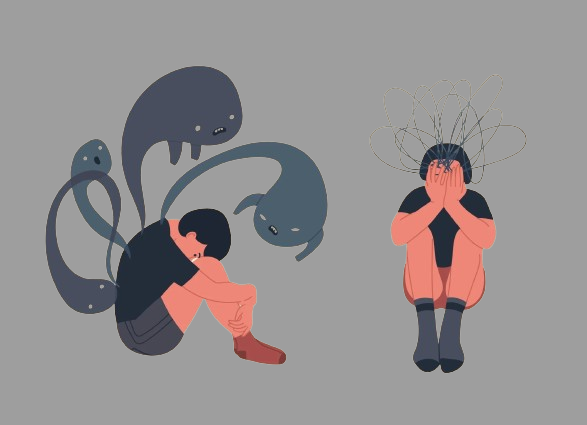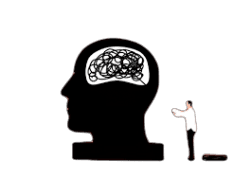Schizoid vs Schizotypal both are the personality disorder having some similarities and differences this article help you to understand the similarities and difference their characteristics causes etiology and treatment.
What is Schizoid?
Schizoid personality disorder is a condition characterized by excessive detachment from social relationships and a limited range of expression of emotion s in interpersonal settings. Schizoid personality disorder involves social isolation and a lack of desire for close personal relationships people with this disorder which to be alone and look withdrawn and emotionally detached. They see unconcerned to admire or criticism from other people. They characterized by a lack of interest in social relationships, a tendency towards a solitary lifestyle, secretiveness, and emotional coldness.
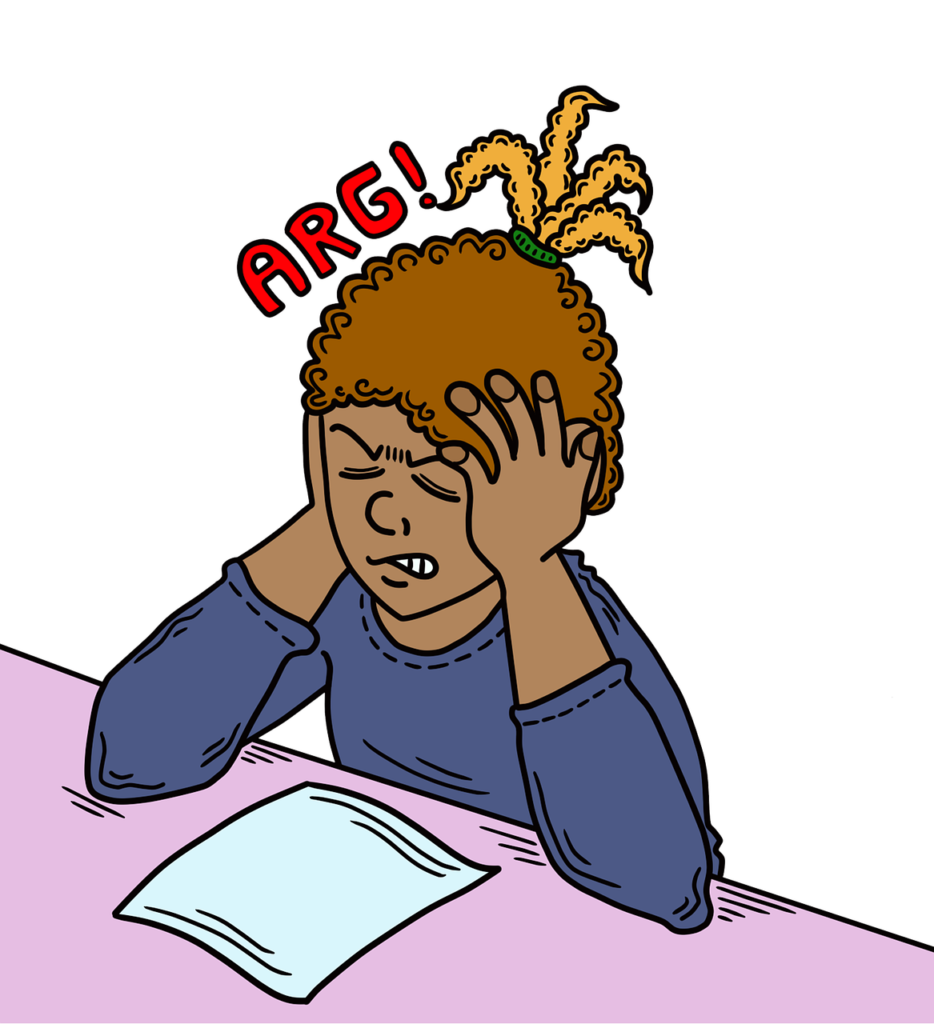
This disorder is only diagnosed when these behaviours becomes continual and very disabling or distressing. This disorder should not be diagnose if the distrust and suspiciousness occurs exclusively during the course of schizophrenia, a mood disorder with psychotic features, or another psychotic disorders or if it is due to the direct physiological effect of a neurological or other general medical condition.
Schizoid Personality disorder is not the same as schizophrenia, although they share some similar characteristics such as the detachment or flattened affect.
Characteristics of Schizoid Personality Disorders
Ralph Klein, Clinical Director of the Masterson Institute delineates the following characteristics of the schizoid personality as described by Harry Guntrip.
- Introversion
- Withdrawnness
- Loneliness
- Depersonalization
- Regression
Introversion
According to Guntrip, By the very meaning of the team the schizoid is described as cut off from the word of outer reality in an emotional sense. The schizoid person is cut off from outer reality to such a degree that he or she experiences outer reality as dangerous. It is a natural human response to turn away from sources of danger and toward sources of safety. The schizoid individual therefore is primarily concerned with avoiding danger and ensuring safety.
Withdrawnness
According to Guntrip, withdrawnness means disattachment from the outer world the outer side of introversion. While there are many schizoid individuals who will present with obvious withdrawnness, this defines only a portion of such individuals. Many fundamentally schizoid people present with an engaging interactive personality style.
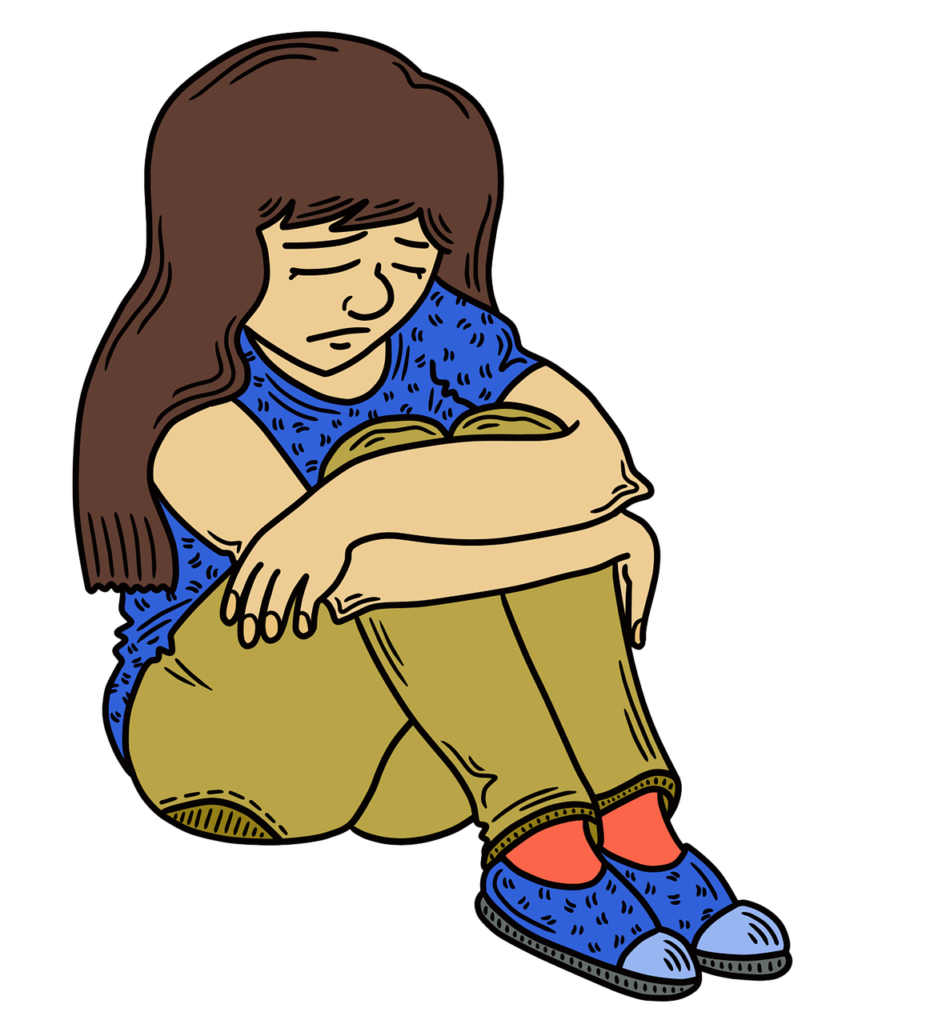
Such a person can a appears to be available interested engaged and involved in interacting with others however in reality he or she is emotionally withdrawn and sequestered in a safe place in an internal word. While withdrawnness or the detachment from the outer word is a characteristic feature of schizoid pathology, it is sometimes overt and sometimes covert. When it is overt it matches the usual description of the schizoid personality. Just as often, it is covert, hidden internal state of the patient.
Loneliness
According to Guntrip, loneliness is an inescapable result of Schizoid introversion and abolition of external relationships. It reveals itself in the intense longing for friendship and love which rebate break through. There is a very narrow range of Schizoid individuals schizoid for whom the hope of relationship is a minimal as to be almost extinct therefore the longing for closeness and attachment is almost unidentifiable to get schizoid themselves. These endeavors will not become patients. The schizoid individual who become a patient does so often because of the twin motivation of loneliness and longing. This schizoid patient still believe that some kind of connection and attachment is possible and is well suited to psychotherapy.
Depersonalization
Guntrip describes depersonalization as a loss of sense of identity and individuality. Depersonalization is a dissociative defense. It is often described by the Schizoid patients as a tuning out or a turning of or as the experience of a separation between the observing and the participating ego it is experience by those with schizoid personality disorder when anxieties seem irresistible. It is a more server form of loss of effect than that describe earlier. Whereas the loss of affect is a more chronic state depersonalization is an acute defense against more immediate experience of overwhelming anxiety or danger.
Regression
A process of regression encompasses two different mechanisms
- Inward (fantasy and self-containment)
- Backwards(find safety, fantasy of regression)
Symptoms of Schizoid Personality Disorders
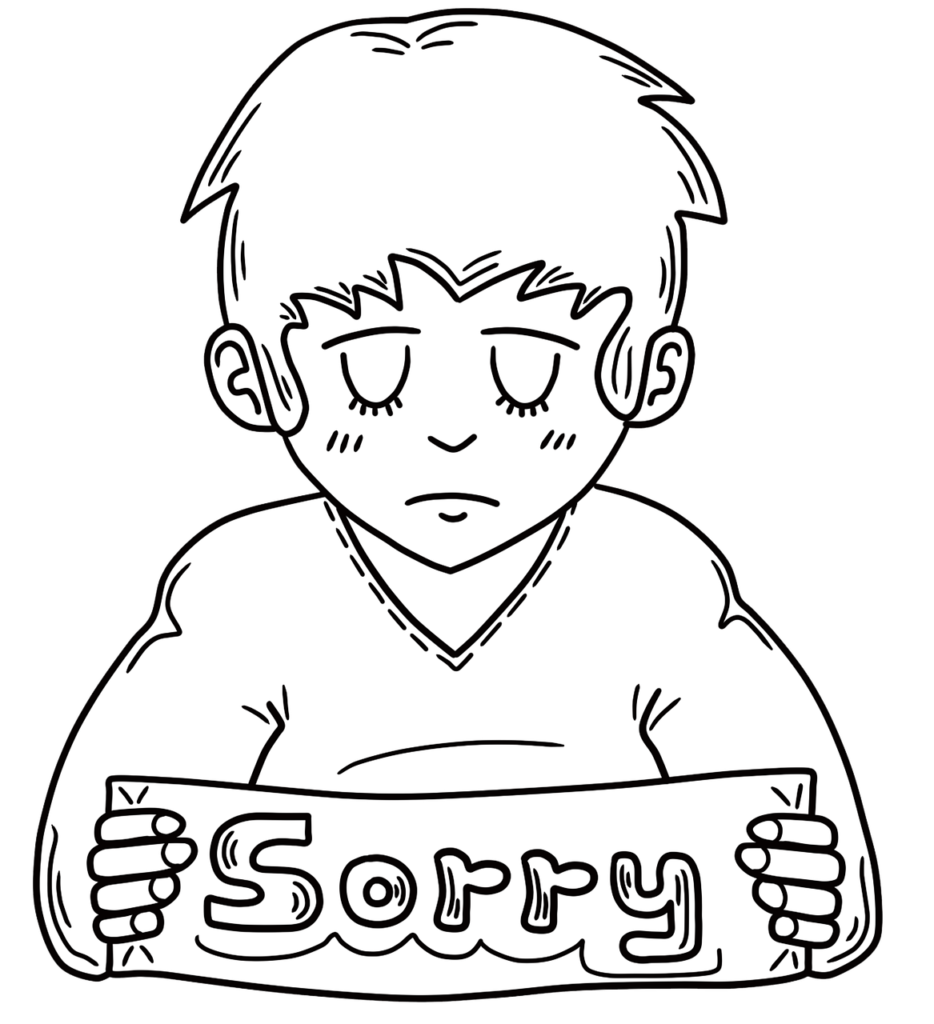
- DE attachment from other peoples.
- Little or no desire to form close relationships with others.
- Rarely participates in activities for fun or pleasure.
- A sense of indifference to praise and affirmation, as well as criticism or rejection.
- Often describe as cold uninterested withdrawn and aloof.
Treatment of Schizoid Personality Disorders
There traits are very similar to negative schizophrenic symptoms, atypical anti-psychotic may have efficiency in improving them. Those who do seek treatment have the option of medication or therapy. For medication, the Schizoid Personality disorder seem to be similar negative symptoms of schizophrenia such as anhedonia, blunted affect, and low energy. Medication are sometime used in combination with psychotherapy. Drugs such as anti-depressants, anti-psychotics, and anti-anxiety medication are commonly used.
According to Joseph, low dose of Risperidone and Olanzapine also work for the social deficit and blunted effect Wellbutrin for any anhedonia. This personality disorder is generally treated with psychotherapy types of psychotherapy very rain from psycho dynamic therapy to group Therapy. Because personality disorder cause distorted thoughts pattern cognitive is most often particularly effective in helping in the walls adjust the thinking and behaviour patterns.
Schizotypal Personality Disorder
People with Schizotypal Personality Disorders related to odd thinking, speech and behaviour. They may use words and phrases in unusual ways and they may be believe they have magical control over others. This disorder is characterized by a need for separation as well as old or paranoid belief in social situations they may show in appropriate reaction or not react at all or they may talk to themselves.
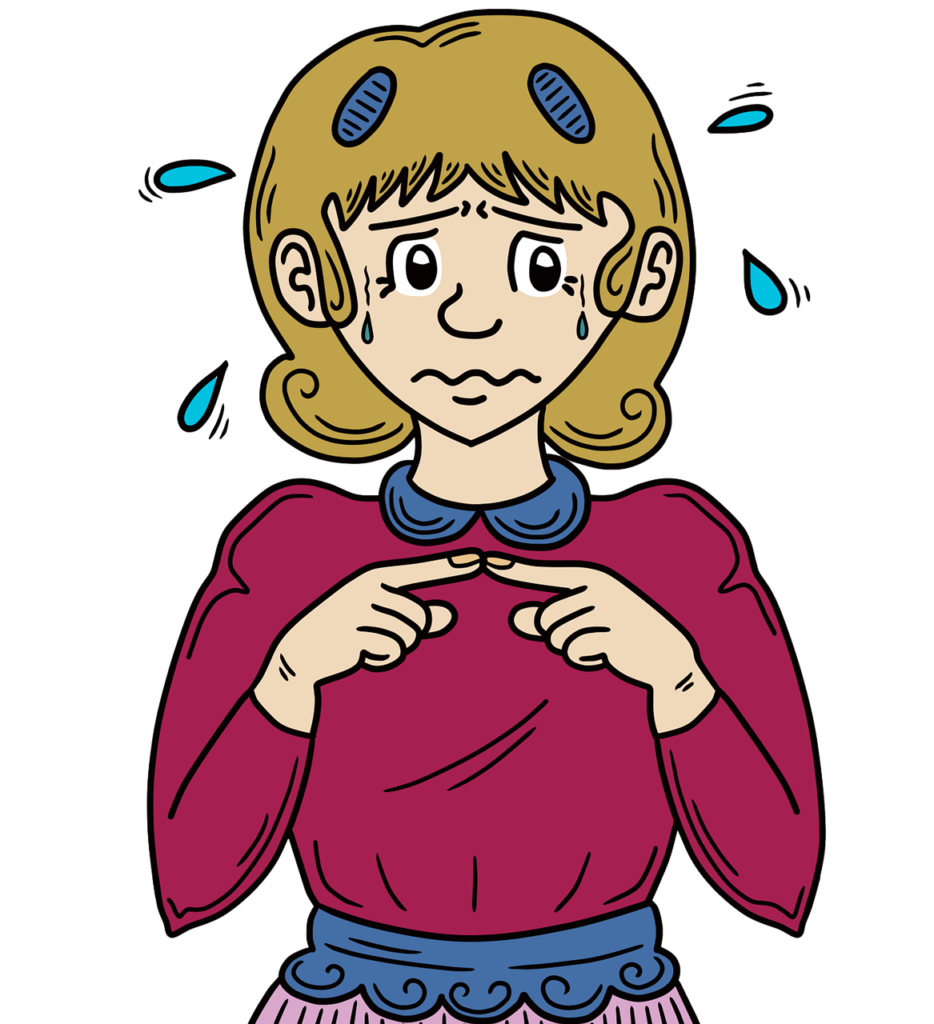
They also feel very uncomfortable with close personal relationships and tend to be suspicious of other. Some research suggested this disorder is a less sphere form of schizophrenia. Schizotypal personality disorder is a condition characterized by acute this comfort with and reduced capacity for close relationships as well as cognitive or perceptual distortions and odd behaviour it is also correct arise by a continuous pattern of unclear thought behavior and functioning.
Symptoms of Schizotypal personality disorder
- Eccentric perception thoughts and behaviour.
- Magical thinking including saying they can read mind or can tell the future.
- Major difficulties in forming relationships.
- Server social anxiety that does not dismiss with time or familiarity.
Treatment of Schizotypal Personality Disorder
Schizotypal Personality Disorders is usually treated with psychotherapy a number of different approaches may be employed including psycho dynamics therapies or behaviour therapy. Personality disorder produce distortion pattern of thought so cognitive behavioural therapy is often a particularly effective treatment. This approach help individuals develop more accurate for pattern and more adaptive behaviours psychotherapy is sometimes used in combination with drug treatment commonly used medications include antidepressants, antipsychotic and anti-anxiety drug. However medication are best used in combination with some form of psychotherapy and are not recommended as a only treatment for personality disorders.
Schizoid and schizotypal personality disorders are both classified as part of the “Cluster A” personality disorders, which are characterized by odd or eccentric behaviors. However, they have distinct features and diagnostic criteria.
Key Difference
Social Engagement: While schizoid individuals prefer isolation and have no desire for social interaction, schizotypal individuals experience significant discomfort in social settings and have a deep-seated anxiety about others, though they might still desire social relationships.
Cognitive and Perceptual Distortions: Schizotypal personality disorder includes cognitive and perceptual distortions and odd beliefs, which are not characteristic of schizoid personality disorder.
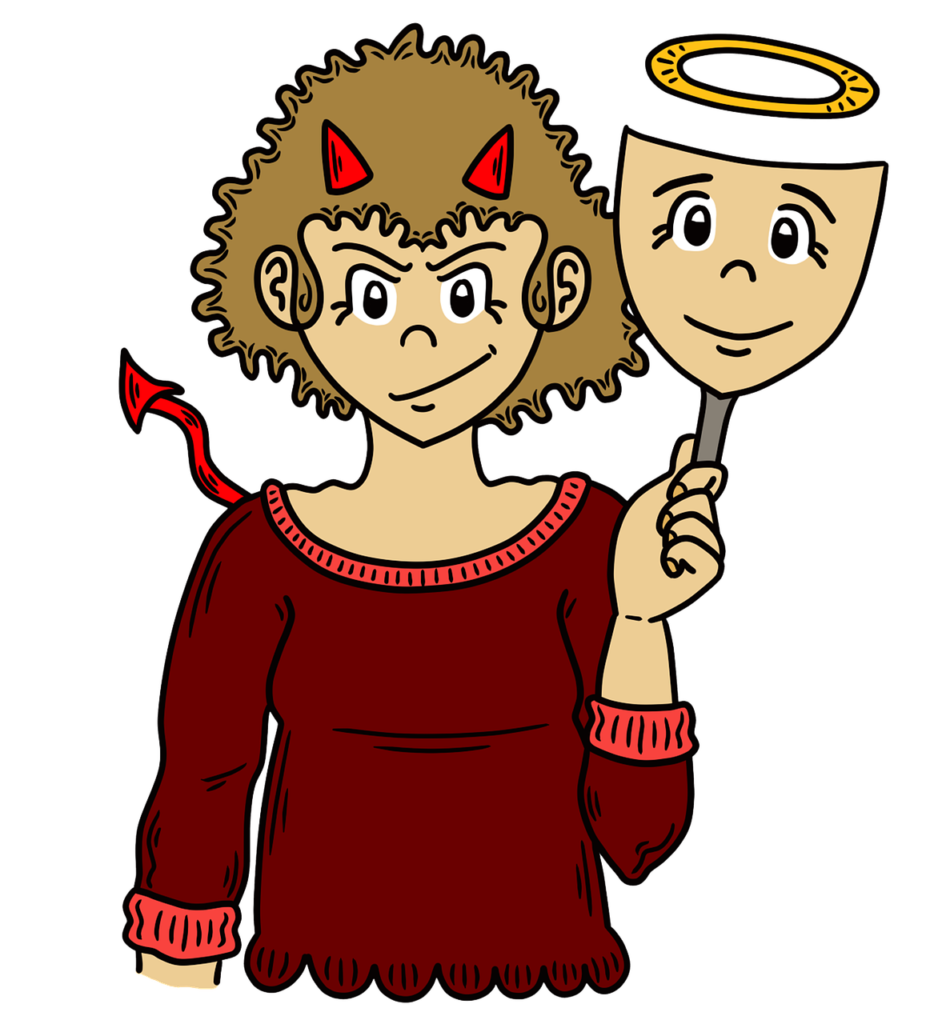
Eccentric Behavior: Schizotypal individuals exhibit more noticeable eccentricities in behavior and speech compared to schizoid individuals, who are more likely to simply be seen as aloof or indifferent.
Both disorders can significantly impact an individual’s ability to function in daily life, but their manifestations and underlying features are different, requiring distinct therapeutic approaches.
Conclusion
In conclusion, while both schizoid and schizotypal personality disorders belong to the Cluster A group and share some similarities, they have distinct characteristics Schizoid Personality Disorder** is marked by a profound detachment from social relationships and a limited range of emotional expression. Individuals with this disorder prefer solitary activities and generally show little interest in forming relationships or engaging in social interactions.
Schizotypal Personality Disorder involves acute discomfort in close relationships, cognitive or perceptual distortions, and eccentric behaviors. Those with schizotypal personality disorder often experience social anxiety linked to paranoid fears, hold odd beliefs, and display unusual speech or behavior.

